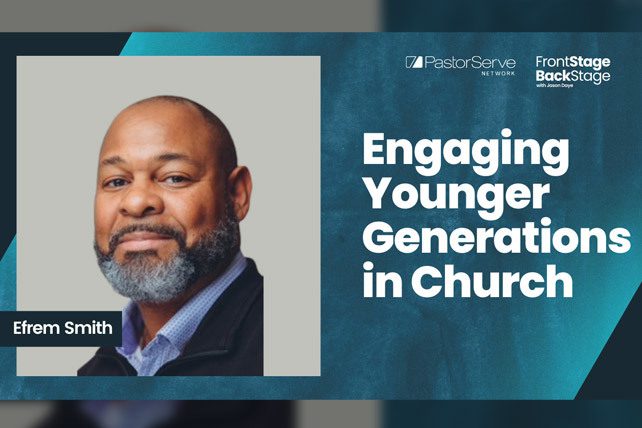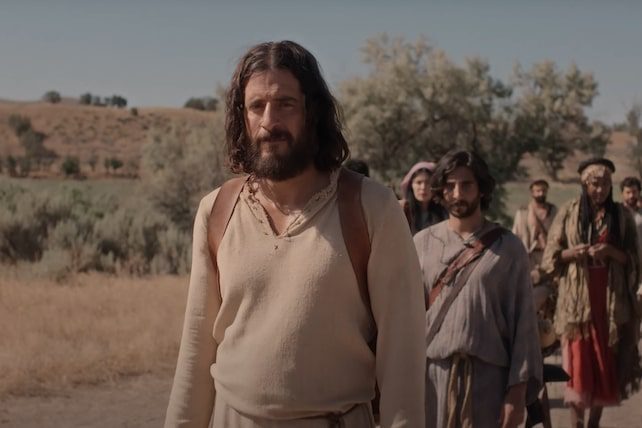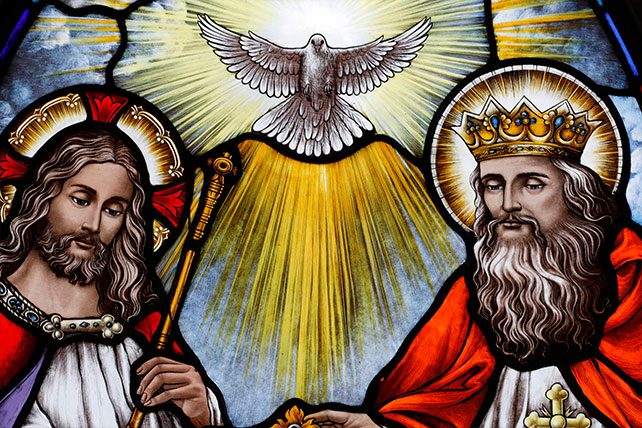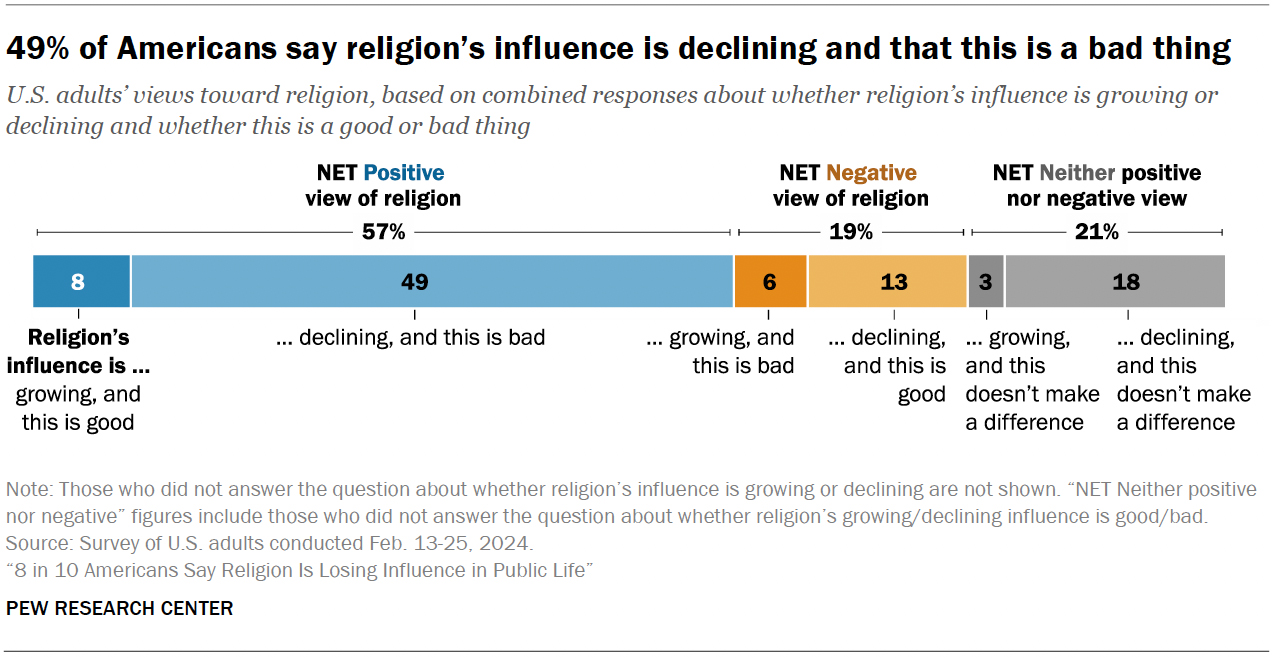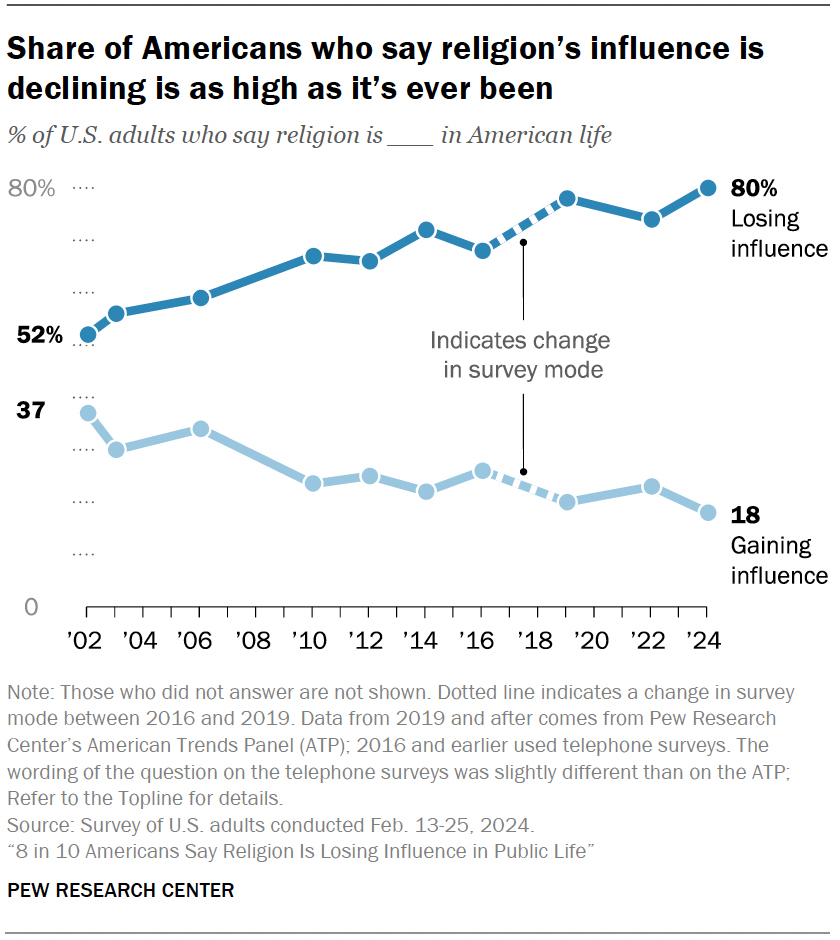Leadership in church settings transcends routine administration; it embodies the spiritual and moral guidance that shapes the community’s path forward. Effective leadership within the church is not only about providing direction but also about nurturing faith, fostering unity, and inspiring change. At the heart of this leadership is the role of the senior pastor, who serves not just as a spiritual leader but as a shepherd to their congregation. This crucial role encompasses guiding the community through challenges, nurturing spiritual growth, and ensuring the church’s vision aligns with its actions. We recognize how vital senior pastors are in molding a resilient and compassionate church community.
Leadership Development of Senior Pastors
In the journey of faith, leadership does not emerge by chance; it is meticulously cultivated through deliberate actions and strategies. Churches can foster leadership skills within their communities by providing opportunities for involvement, mentorship, and training. Initiatives such as leadership workshops, retreats, and ministry internships serve as fertile ground for emerging leaders to discover their callings and hone their abilities.
RELATED: Servant Leadership in the Church: 10 Keys
Furthermore, successful pastoral leadership programs, exemplified by the likes of the Timothy Initiative or the Bethel Series, combine theological education with practical ministry experiences, offering a holistic approach to leadership development. These programs underline the importance of a grounded spiritual life, strong biblical knowledge, and practical leadership skills, shaping well-rounded leaders ready to guide their congregations with wisdom and compassion.
Effective Sermon Preparation
The heart of a church service is often found in its sermon – a time when the congregation seeks guidance, inspiration, and truth from their pastor. Crafting impactful sermons requires a blend of scriptural insight (2 Timothy 3:16), real-life application, and personal connection. Techniques for creating engaging sermons include starting with a clear, relatable message, using storytelling to illustrate biblical principles, and incorporating life experiences that resonate with the congregation. Additionally, pastors can utilize resources such as commentaries, historical texts, and sermon planning software to deepen their research and enrich their messages. Effective sermon preparation is not merely about delivering a good speech but about facilitating a meaningful encounter with God’s Word.
Senior Pastor Well-being
The well-being of a senior pastor is crucial, not only for their own health but for the vitality of the entire church community. The demands of pastoral duties can be overwhelming, leading to mental and spiritual fatigue. Therefore, maintaining balance and avoiding burnout are essential practices for pastors. This can be achieved through regular spiritual retreats, engaging in hobbies outside the church, and establishing boundaries between work and personal life. Furthermore, seeking mentorship and counseling can provide pastors with the support and guidance needed to navigate the challenges of ministry. By prioritizing their mental and spiritual health, pastors can sustain their ministry’s demands and continue to serve their congregation effectively.
Church Conflict Resolution Strategies
Conflicts within a congregation are inevitable, given the diverse perspectives and personalities that come together in a church community. However, these disputes, when addressed constructively, can lead to deeper understanding and unity. Effective methods for resolving conflicts include adopting a biblical approach to reconciliation, encouraging open communication, and involving neutral mediators when necessary. Training church leaders and members in conflict resolution techniques can also prepare the community to handle disagreements proactively. Building a culture of forgiveness and understanding, where members feel safe to express concerns without judgment, fosters a healthier and more cohesive church environment.
Financial Stewardship for Pastors
Financial stewardship is a significant aspect of church leadership, requiring transparency, integrity, and wisdom. Senior pastors, often at the helm of financial decision-making, must embody these principles to foster trust and accountability within the congregation. This involves implementing clear financial policies, regular budget reviews, and open reporting systems. Additionally, pastors can educate the church on biblical principles of giving and stewardship, encouraging a culture of generosity and mutual support. Tips for maintaining ethical financial practices include seeking external audits, providing financial training for church leaders, and creating a budget that aligns with the church’s vision and mission.
Building a Pastoral Team
The strength of a church often lies in the collective skills and passions of its leadership team. Senior pastors should prioritize building a team that complements their strengths and compensates for their weaknesses. This involves identifying potential leaders within the congregation, providing them with opportunities for growth, and investing in their development. Strategies for recruiting and developing church staff include offering mentorship programs, leadership training, and clear pathways for involvement in church activities. By fostering a supportive and empowering environment, pastors can cultivate a team of committed and capable leaders who share the vision and work collaboratively towards the church’s goals.
Community Outreach Programs for Churches
Engagement with the wider community is a fundamental aspect of the church’s mission. Developing impactful community service initiatives allows churches to extend their reach and embody the principles of love, service, and compassion. To create successful outreach programs, churches should start by identifying the unique needs of their community, whether it be food insecurity, homelessness, or education. Collaborating with local organizations, mobilizing volunteers, and allocating resources effectively can enhance the impact of these initiatives. Examples of successful outreach efforts include after-school programs for underprivileged children, community gardens to address food scarcity, and partnership with local shelters to provide assistance to the homeless. Through these programs, churches can demonstrate the tangible love of Christ, fostering a positive relationship with the community and opening doors for spiritual conversations.
 How can our local churches engage or reengage younger generations, not with gimmicks, compromising the truth, or selling out, but by embracing the very heart of Christ’s gospel? In this week’s conversation on FrontStage BackStage, host Jason Daye is joined by Efrem Smith. Efrem is the co-lead pastor of Midtown Church in Sacramento, California. Efrem has been an encouragement to so many pastors and ministry leaders. He’s written a number of books, including his latest, which is titled, “Church for Everyone.” Together, Efrem and Jason explore the kingdom opportunities arising among young people, even in the midst of declining church engagement. Efrem shares from his personal ministry experiences how to connect with emerging generations at the heart level and invite them to immerse themselves in a cause that truly matters.
How can our local churches engage or reengage younger generations, not with gimmicks, compromising the truth, or selling out, but by embracing the very heart of Christ’s gospel? In this week’s conversation on FrontStage BackStage, host Jason Daye is joined by Efrem Smith. Efrem is the co-lead pastor of Midtown Church in Sacramento, California. Efrem has been an encouragement to so many pastors and ministry leaders. He’s written a number of books, including his latest, which is titled, “Church for Everyone.” Together, Efrem and Jason explore the kingdom opportunities arising among young people, even in the midst of declining church engagement. Efrem shares from his personal ministry experiences how to connect with emerging generations at the heart level and invite them to immerse themselves in a cause that truly matters.
